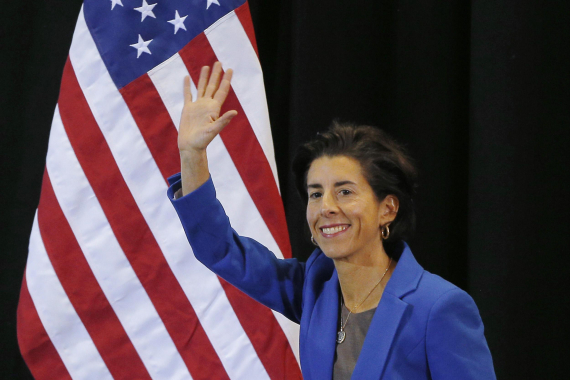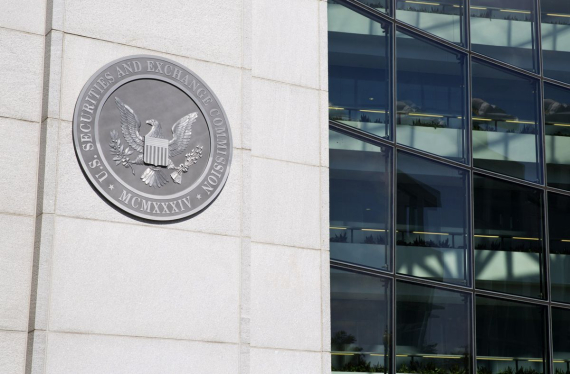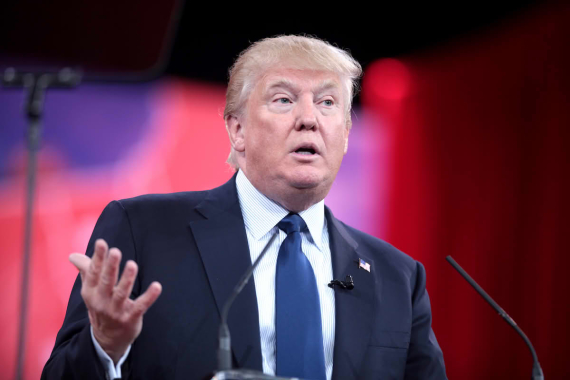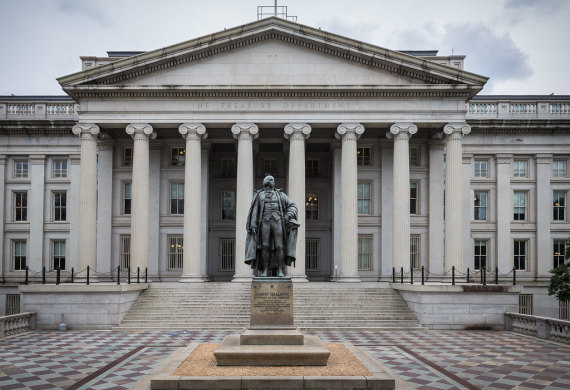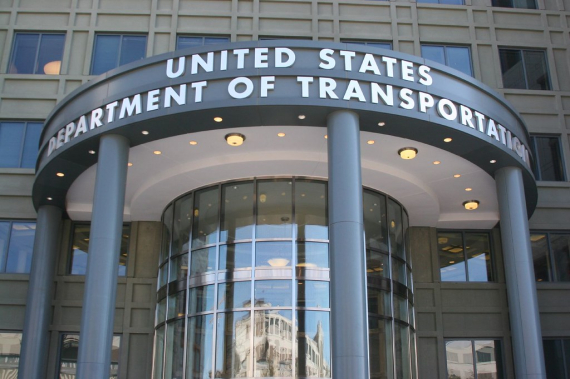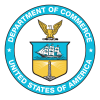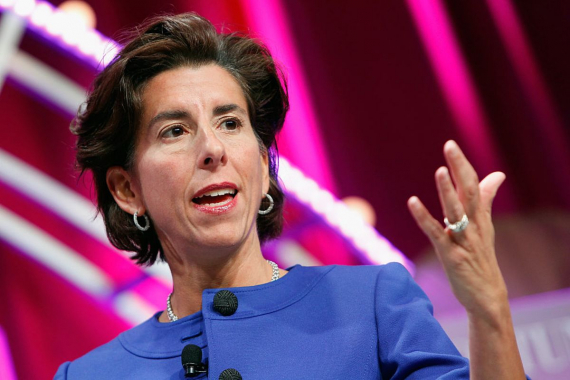
On December 22, U.S. Secretary of Commerce Gina М. Raimondo released the following statement highlighting the key achievements of the Commerce Department since the Biden-Harris administration took office on January 20, 2021. The U.S. Department of Commerce has also published a newsletter detailing the achievements of each of the bureaus.
“As Secretary of Commerce, I’ve been honored to help President Biden define his economic agenda and work alongside the dedicated civil servants who tirelessly execute the Department of Commerce’s mission of expanding America’s global competitiveness. Despite a global pandemic, the Department of Commerce continues to lead the way as President Biden works to rebuild our economy and create economic opportunity for all Americans.
“While I’m proud of everything we’ve accomplished in 2021, we are only getting started and we still have significant work to do. In 2022, we will continue working to strengthen and diversify America’s supply chains; re-imagine America’s workforce development programs; begin our work to provide universal broadband to all Americans, and find new ways to help women return to the workforce at their pre-Covid levels.
“Americans have shown time and again that our workers and our businesses are the best in the world. As we continue to recover from the pandemic, Commerce will continue to look for ways to create long-term growth and economic prosperity in every corner of the country.”
Key Commerce accomplishments during 2021 include (but are not limited to):
- Secretary Raimondo negotiated and helped secure $65 billion in funding for universal broadband through the Bipartisan Infrastructure Law, with $48 billion directed to the National Telecommunications & Information Administration (NTIA).
- The Bipartisan Infrastructure Law also secured permanent authorization for the Minority Businesses Development Agency (MBDA), the only federal agency dedicated to promoting the growth, development, and resiliency of minority-owned businesses.
- Launched six Economic Development Administration grant programs that allocates $3 billion to enhance long-term economic growth opportunities for communities and workers that are too often overlooked.
- Successfully protected national security while removing a major diplomatic irritant with the EU and prevented retaliatory tariffs by negotiating modifications to Section 232 steel and aluminum measures that support the viability of U.S. industry and protect thousands of American jobs.
- Helped secure bipartisan Senate passage of the United States Innovation and Competition Act of 2021, which includes funding for America’s domestic semiconductor manufacturing industry.
- In support of Commerce’s work to rebuild America’s semiconductor supply chain, the Department issued a voluntary Request for Information to bring transparency around inventory, orders, and bottlenecks in the supply chain and launched an early alert system to help address real-time semiconductor supply chain disruptions linked to COVID-related public health developments. Additionally, Commerce and the National Economic Council convened semiconductor industry participants throughout the year and made progress in improved communication and trust across the supply chain and improvements in the supply chain practices of chip consumers. Ford and GlobalFoundries have credited the Commerce convenings for their partnership to produce more chips for Ford vehicles in the US.
- Successfully fulfilled Commerce’s constitutional mandate by providing the 2020 Census apportionment results to the President, and thus to Congress.
- Initiated discussions on an Indo-Pacific Economic Framework, together with the United States Trade Representative, that will define our shared objectives around key areas, such as the digital economy and technology, supply chain resiliency, and infrastructure.
- Launched the US/EU Trade and Technology Council, which serves as a forum to expand digital collaboration and promote alignment on technology rules based on shared values of democracy, individual rights, and market-oriented growth.
- Reflecting substantial input from the public, the Department issued a new rule imposing export controls on certain cybersecurity items in order to further prevent use of U.S. technology for malicious cyber activities while facilitating legitimate cybersecurity work.
In 2022, Commerce will continue prioritizing the following objectives:
- Securing final passage of the U.S. Innovation and Competition Act, which includes $52 billion for domestic semiconductor production.
- Implementing the President’s Build Back Better agenda, including making progress toward meeting the President’s goal of universal, affordable broadband by the year 2030; and investing in our middle class, especially women, through sustainable investments in infrastructure, childcare, and job training to increase the labor force and reduce costs for families.
- Completing distribution of EDA funding from the American Rescue Plan (ARP) Act, which helps strengthen regional economic growth, support local businesses, and ensures workers are prepared for the jobs of today and tomorrow.
- Increasing clean tech exports to advance the domestic competitiveness of green industries and create jobs.
- Coordinating with our allies to define our shared goals and objective as it relates to technology and supply chains. This includes releasing a joint statement with our partners highlighting our shared vision for the Indo-Pacific Economic Framework and continued definition of shared goals and objectives through the US-EU Trade and Technology Council.
- Confronting the People’s Republic of China (PRC) Government’s Military-Civil Fusion (MCF) Strategy, human rights abuses, and unfair and market-distorting industrial policies, while leveling the playing field for U.S. companies in the PRC and protecting U.S. technology from unauthorized uses and users. To this end, the Department will continue to work with stakeholders to strengthen compliance with export controls as appropriate, monitor the use of key technologies by the Chinese government and commercial entities, and vigorously investigate and impose criminal and/or administrative penalties in response to violations.
For more information on each Bureau’s 2021 achievements, please see the fact sheet outlining broader Commerce achievements.




